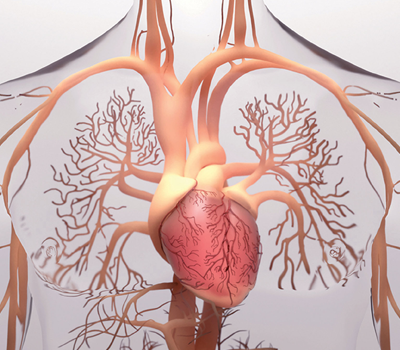Research shows that if we eat less, we will live longer?
The quest for longevity has been around since the days when people could barely make it to their late 40s. The first article on this topic was published in 1838 and even though we live almost twice as long now, many are still looking into ways of extending life expectancies even further. You have more influence on your longevity than you think!
The desire towards living longer isn’t new; It’s something that humanity pursues every day with varying degrees of success depending upon personal health factors or environment influences such as diet choices, which may include smoking rates among others things .
The body’s aging process is something we all go through, but there may be ways to increase life expectancy. One new diet based on research into the way your stomach ages suggests that you could live up to 20 years if you changed what, when and how much food enters our system. With approaches such as caloric restriction, intermittent or periodic fasting. The idea of intermittent and periodic fasting as a means to affect longevity is gaining momentum. Studies show that the practice can reduce cellular aging, while having little side effects on health span or cognitive function!
I’ve been a big advocate for fasting for years now. This isn’t some crazy super power, however it’s just an idea for better managing weight while also reducing risk factors like high blood pressure or diabetes- which contribute greatly towards early death and improving other aspects such as mental clarity. ”
Dr Charles Pereyra
The big question has been What — and when — to eat for longevity?
When you go a stretch of time without food, your cells basically clean up and take out the trash so that they can prepare for another round of eating. To help with this process it is best if there’s at least 12 hours (ideally 18) between dinner on one day and breakfast/dinner on the next morning or afternoon – giving them plenty more energy than usual!
The diet a person follows affects the time span in which they can maintain their health and functional capacity. The 3 major components that make up this program: food composition (what you eat), calorie intake(how much)and length/frequency of fasting periods all play important roles for maintaining good physical form as well as mental wellness. This combination has shown to help reduce insulin resistance, blood pressure and other risk factors for individuals with increased disease risks.




















